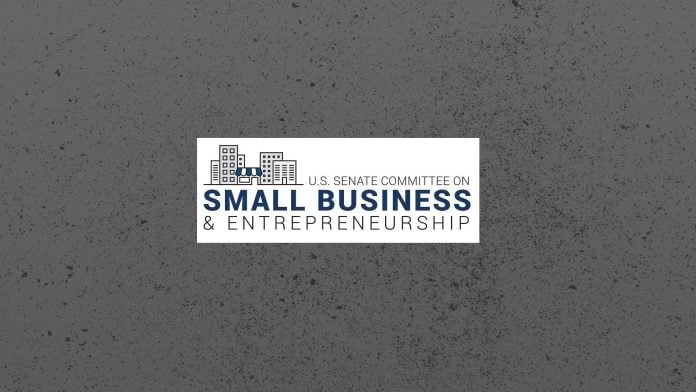In a significant ruling that could reshape the financial landscape for small businesses, the U.S. Court of Appeals for the Federal Circuit declared former President Donald Trump’s “liberation day” tariffs illegal. This decision has prompted calls for immediate relief measures aimed at alleviating the burdens faced by American entrepreneurs.
Ranking Member Edward J. Markey (D-Mass.) expressed his approval of the ruling, stating, “Today’s ruling in the U.S. Court of Appeals for the Federal Circuit makes it clear that President Trump’s chaotic tariff policy is illegal. I call on the Administration to provide small businesses with relief and repayments immediately while the Supreme Court considers taking up the case.”
The tariffs in question were first issued on April 2, where they imposed reciprocal taxes on various imported goods, leading to increased costs for small business owners who rely on these materials. Markey further emphasized that Trump’s tariffs have inflicted “real pain to Main Street,” which is a concern for many small business owners who often operate on thin margins.
This ruling sheds light on a growing concern in the small business community — the unpredictability associated with tariffs and international trade policies. Many small businesses, particularly those in manufacturing, retail, and import-export sectors, have experienced challenges in budgeting and pricing products due to these tariffs.
In a bid to address the financial strain imposed on small enterprises, Markey had earlier sent a letter to key agency leaders, including the Administrator of the Small Business Administration (SBA) and the Secretary of Commerce, urging them to establish transparent processes for refunding tariffs. Such initiatives could ensure that small businesses are not left in financial disarray while waiting for legal proceedings to unfold.
Small businesses are often more vulnerable to fluctuations in trade policy, lacking the resources and legal teams that larger corporations can deploy. The immediate implementation of refund procedures and relief measures could serve as a vital lifeline for these businesses.
Despite the optimism surrounding the ruling, small business owners should prepare for potential hurdles. The uncertainty about whether the Supreme Court will take on the case could prolong the relief process, leaving many businesses in limbo as they navigate ongoing economic pressures.
Real-world implications of the ruling stretch beyond fiscal considerations; they may also influence small business strategies and consumer behavior. As tariffs raise prices, consumer spending patterns could shift, compelling small businesses to adapt quickly to avoid losing market traction.
In light of the court’s decision, small business owners should consider evaluating their supply chains. Diversifying suppliers or seeking domestic alternatives may mitigate risks associated with tariffs and international trade fluctuations. This proactive approach not only bolsters business resilience but also aligns with growing consumer sentiments favoring local products.
Business owners should stay informed about ongoing developments related to the tariffs and how they may affect future operations. Engaging with local business organizations and trade associations can provide additional insights and resources for managing these changes.
As Markey noted, “this ruling is an important step in ending the economic whiplash caused by Trump’s abusive tariff authority.” The potential for immediate relief brings a sense of hope, but small business owners must remain vigilant as they navigate the complexities of the current legal and economic landscape.
For more information on this ruling and its implications for small businesses, visit the original post here.
Image Via BizSugar



